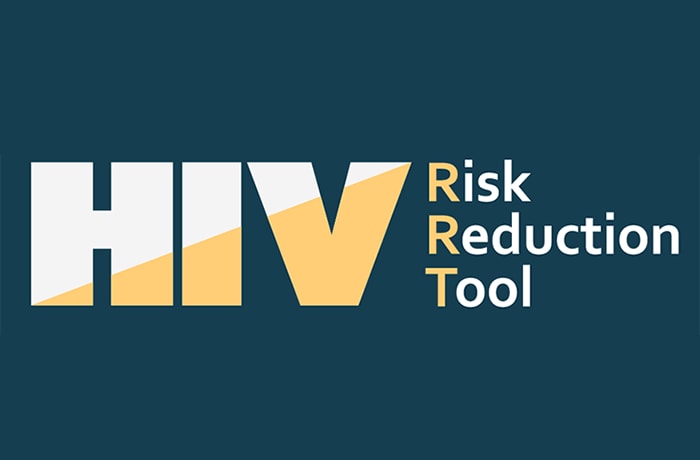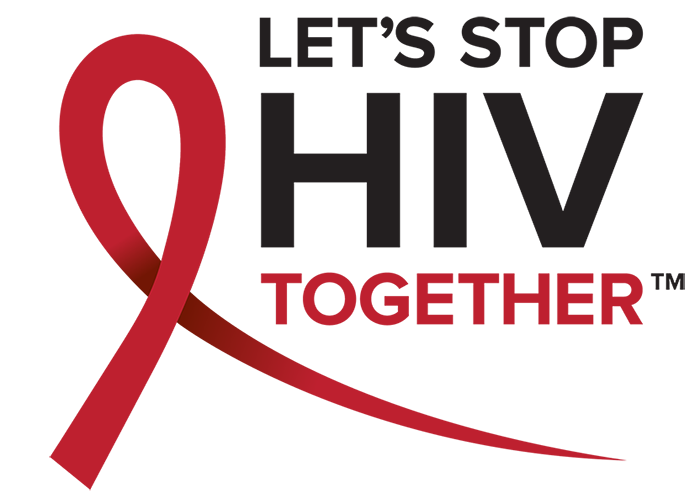Sharing Your Test Result

HIV tests may be anonymous or confidential.
Anonymous testing means only you will know the test result.
- When you take an anonymous HIV test, you get a unique identifier that allows you to get your test results.
- You can also buy an HIV self-test if you want to test anonymously.
Confidential testing means your test result will be part of your medical record.
- Your name and other personal information will be attached to your test results.
- The results will go in your medical record and may be shared with your health care provider and health insurance company.
- Otherwise, your results are protected by state and federal privacy laws, and they can only be released with your permission.
With confidential testing, if your test result is positive, the result and your name will be reported to the state or local health department to help public health officials estimate HIV rates in the state. The state health department will then remove all personal information about you (name, address, etc.) and share the remaining information with CDC. CDC does not share this information with anyone.
Learn more about civil rights, workplace rights, and limits on confidentiality.
You should share your HIV status with your sex or needle-sharing partners. Whether you disclose your status to others is your decision.
Partners
You should disclose your HIV status to your sex or needle-sharing partners even if you’re uncomfortable talking about it. Communicating your HIV status allows each person to take steps to stay healthy. The more practice you have disclosing your HIV status, the easier it will become.
Family and Friends
In most cases, your family and friends will only know your test results or HIV status if you tell them. While telling your family that you have HIV may seem hard, disclosure has many benefits. Telling friends and family can provide an important source of support in managing your HIV. Studies show that people who disclose their HIV status respond better to treatment than those who don’t.
Employers
In most cases, your employer will only know your HIV status if you tell them. But your employer has the right to ask if you have any health conditions that may affect your ability to do your job or that pose a serious risk to others. (For example, you may have to disclose your health conditions if you’re a health care provider who does procedures where there is a risk of blood or other body fluids being exchanged.)
If you have health insurance through your employer, the insurance company cannot legally tell your employer that you have HIV. But your employer could find out if the insurance company provides detailed information to your employer about the benefits it pays or the cost of insurance.
All people with HIV are covered under the Americans with Disabilities Act. This means that your employer cannot discriminate against you because of your HIV status if you can do your job.
Learn more about telling others about your HIV status.

